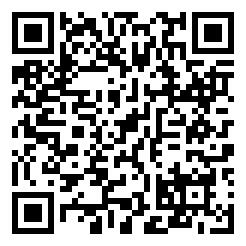我們的服務(wù)符合學(xué)術(shù)規(guī)范和道德
專業(yè) 高端讓您使用時(shí)沒(méi)有后顧之憂
我們的服務(wù)符合學(xué)術(shù)規(guī)范和道德
專業(yè) 高端讓您使用時(shí)沒(méi)有后顧之憂
 投稿咨詢
投稿咨詢
專門用途英語(yǔ)(ESP)是英語(yǔ)作為第二語(yǔ)言或外語(yǔ)的一個(gè)子集。它通常指的是向大學(xué)生或已經(jīng)就業(yè)的人教授英語(yǔ),涉及他們需要的特定詞匯和技能。與任何語(yǔ)言教為特定目的,給定的ESP課程將集中在一個(gè)職業(yè)或行業(yè),如技術(shù)英語(yǔ),科技英語(yǔ),醫(yī)學(xué)英語(yǔ)專業(yè)人士,服務(wù)員英語(yǔ),旅游英語(yǔ),等。[1]盡管看似有限的關(guān)注,ESP課程可以產(chǎn)生廣泛影響,與環(huán)境一樣英語(yǔ)。[2]在學(xué)生獲得學(xué)位之前或?qū)W位期間教授的學(xué)術(shù)英語(yǔ),與商務(wù)英語(yǔ)一樣,是一種專門用途英語(yǔ)。向飛行員、空中交通管制員和民航學(xué)員教授航空英語(yǔ),使無(wú)線電通訊暢通無(wú)阻。
English for specific purposes (ESP) is a subset of English as a second or foreign language. It usually refers to teaching the English language to university students or people already in employment, with reference to the particular vocabulary and skills they need. As with any language taught for specific purposes, a given course of ESP will focus on one occupation or profession, such as Technical English, Scientific English, English for medical professionals, English for waiters, English for tourism, etc.[1] Despite the seemingly limited focus, a course of ESP can have a wide-ranging impact, as is the case with Environmental English.[2]English for academic purposes, taught to students before or during their degrees, is one sort of ESP, as is Business English. Aviation English is taught to pilots, air traffic controllers and civil aviation cadets to enable clear radio communications.
* 請(qǐng)認(rèn)真填寫需求信息,學(xué)術(shù)顧問(wèn)24小時(shí)內(nèi)與您取得聯(lián)系。